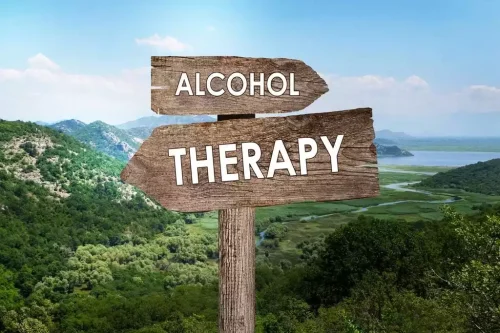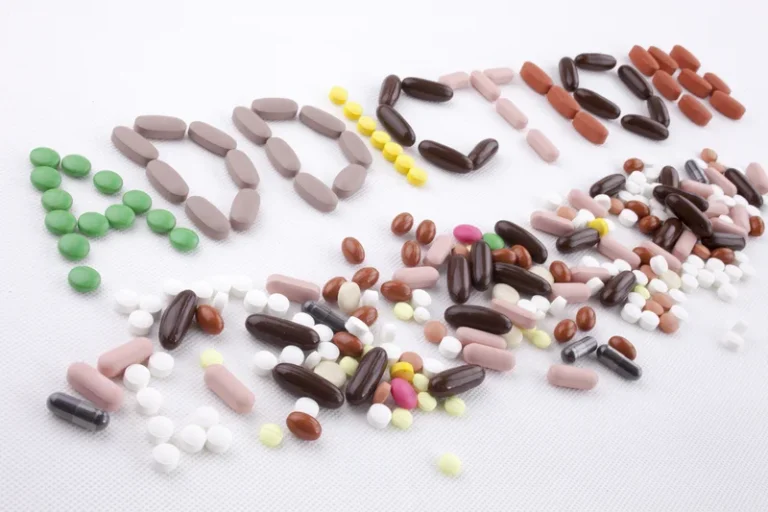
Many people drink alcohol as a personal preference, during social activities, or as a part of cultural and religious practices. People who choose not to drink make that choice for the same reasons. Knowing your personal is wine addictive risk based on your habits can help you make the best decision for you. If you’re obsessing over other people’s drinks, counting glasses, and constantly wishing others would catch up, it might be time to slow down.

What is Alcohol Use Disorder?

People with wine addiction usually drink wine exclusively, while those with alcoholism may drink a variety of alcoholic beverages. This means that people with wine addiction may be more likely to experience withdrawal symptoms when they try to stop drinking. It is worth noting that wine, when consumed in moderation, can actually have health benefits.
Red wine and mental health
BetterHelp offers affordable mental health care via phone, video, or live-chat. Excessive drinking can cause weight gain, which negatively impacts cardiovascular health. This is why some people drink wine in the evening to ease out of a stressful day and prepare for bedtime. Of the non-alcoholic wines I tried, the sparkling varieties were best. The effervescence helps trick the tongue and make up for the lack of alcohol. Perhaps manufacturers are also better at mimicking a prosecco or brut than a pinot gris or cabernet sauvignon.
Scientifically Proven Benefits of Wine Consumption
If you’re addicted to wine and suddenly quit drinking alcohol, you’ll likely experience withdrawal symptoms. During medical detox, doctors help you give up wine gradually, which reduces your risk of withdrawal symptoms. The liver metabolizes most of the alcohol you consume, breaking it down into acetaldehyde.
One of the most common signs of wine addiction is the presence of withdrawal symptoms when a person quits using it. Withdrawal symptoms are the body’s reaction to the lack of something it has been trained to believe was vital. If you have no family history of melanoma and none of the https://ecosoberhouse.com/ other risk factors mentioned above, I wouldn’t worry too much about any increased risk from drinking white wine. To put this new finding in perspective, bear in mind that if the normal risk of a disease were 1 in 1,000, a 13 percent increase would only raise it to 1.13 in 1,000.
- The researchers used data from three large studies including 210,252 participants, who were followed for about 18.3 years.
- Many believe that a glass each day is a valuable part of a healthy diet, while others think wine is somewhat overrated.
- By reducing self-consciousness and shyness, alcohol may encourage people to act without inhibition.
- When someone becomes addicted to wine, they may exhibit certain signs and symptoms.
Questions About Treatment?

Everyone is different, so the amount of wine that is safe to drink varies from person to person. Try month-long challenges such as “Sober October” or “Dry January” to gauge the way your body responds to a break from wine. Oak Chips Are More Sustainable It’s widely accepted in Europe to use oak chips and tannin powder in wine. While oak chips are not as romantic as a room full of oak barrels, they are better for forests and are cheaper to transport. The laws are designed to help protect the small percentage of people who are sensitive to sulfur and should not be confused with the myth that sulfites in wine can give you a wine headache. The intention of these additives is not to adulterate the wine, but to stabilize it.

Nutrition and healthy eating

Where to Buy Natural Wines—and What to Try First
Is alcohol a drug? Here’s what type of drug it classifies as and how it affects your body.
- These benefits occur when a part of a healthy diet like the Mediterranean diet (5, 15).
- Moderate drinking means one drink per day for females and two drinks per day for males.
- An investigation from Brown University’s Warren Alpert Medical School did find an increased risk of melanoma, the most serious type of skin cancer, in people who regularly drink white wine.